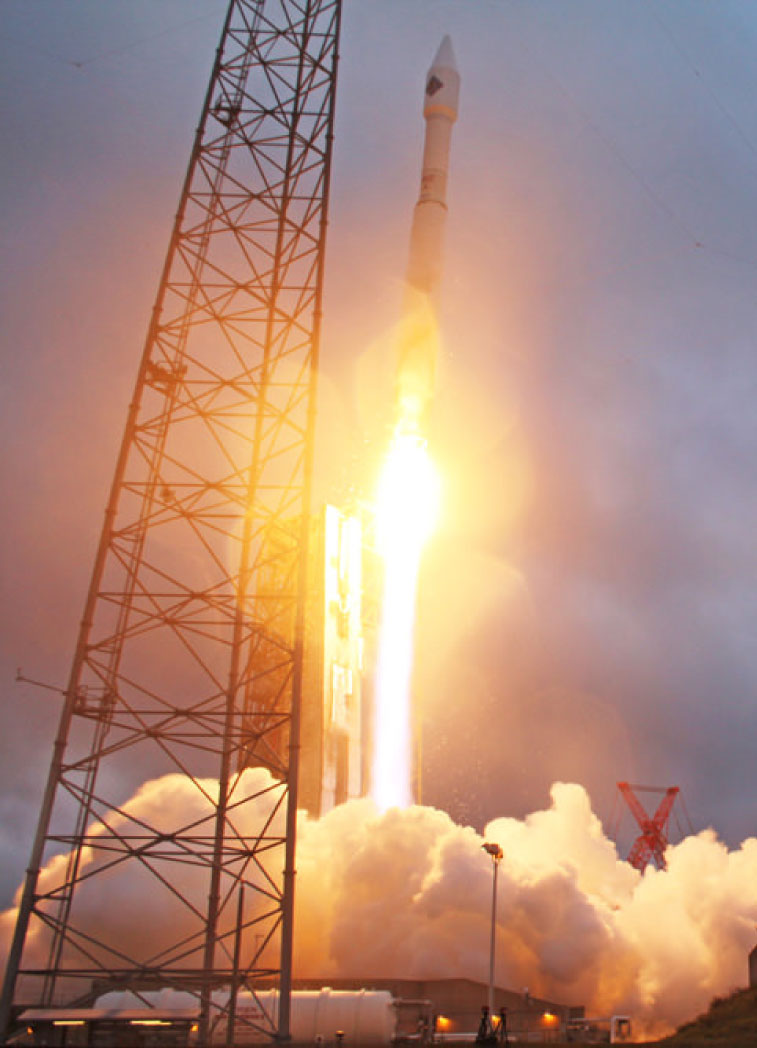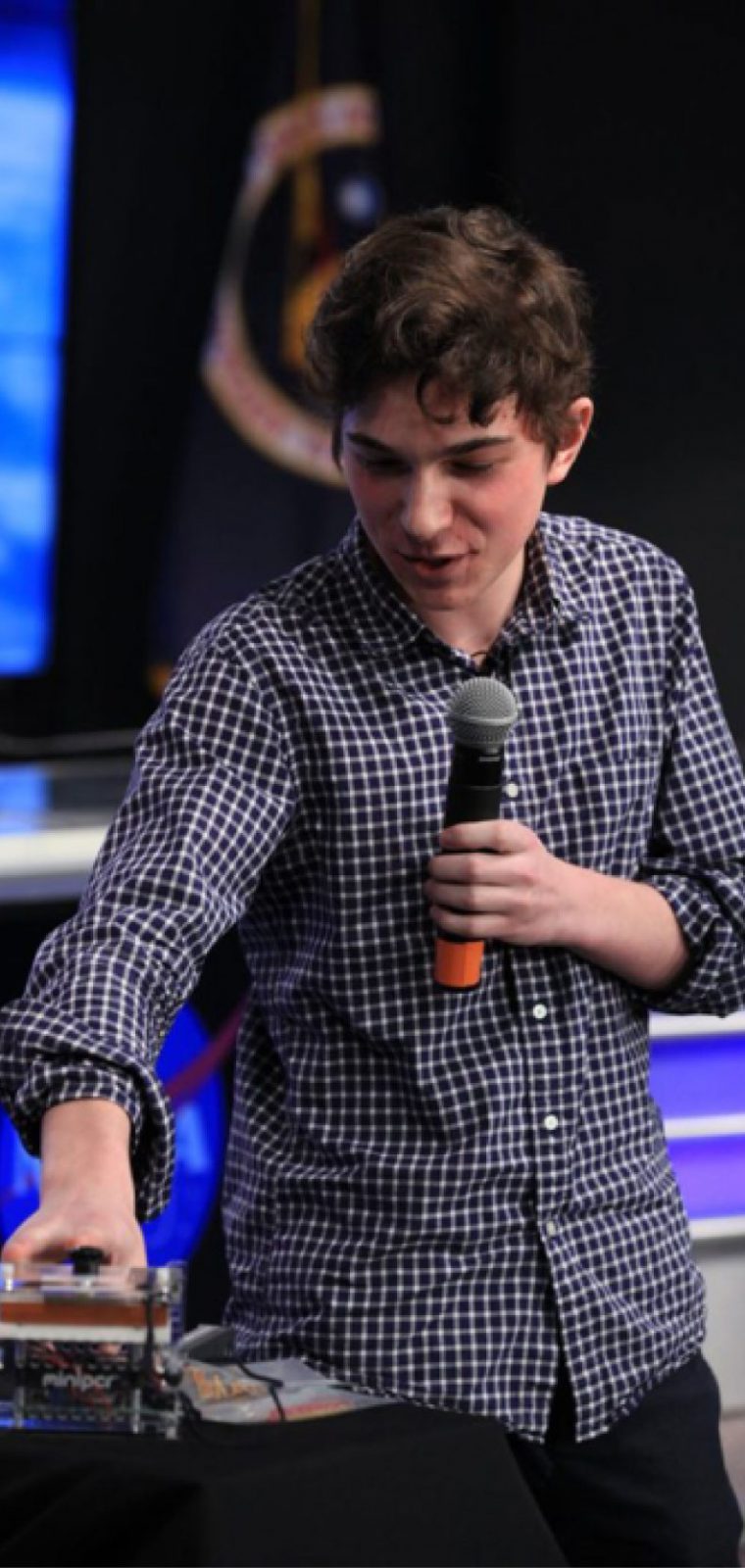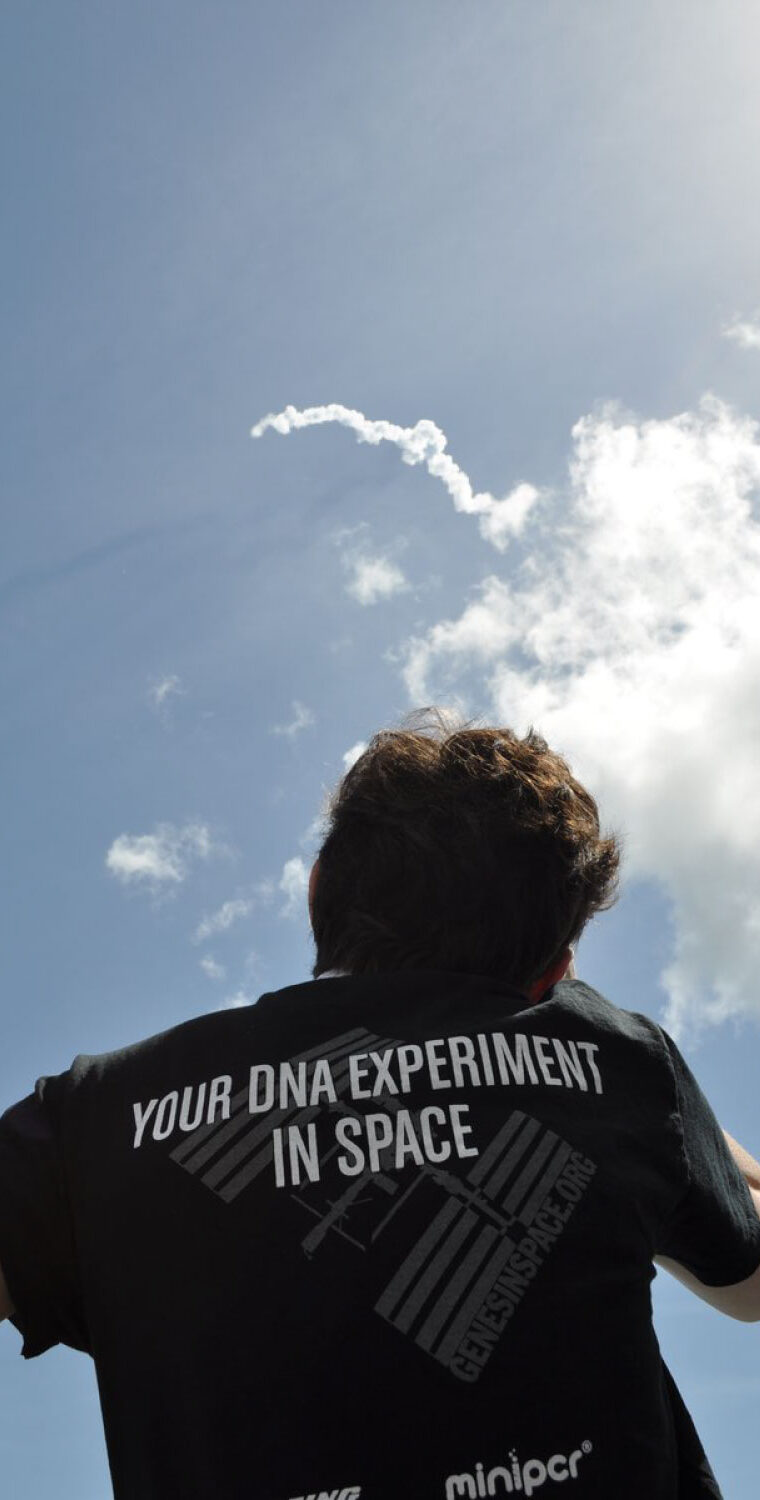What is Genes in Space™?
Genes in Space™ is a global science competition inviting students in middle school and high school to propose pioneering DNA experiments that address a space exploration challenge.
USA finalist teams present their projects at the International Space Station (ISS) R&D Conference and receive a biotechnology prize package to enable awesome science in their schools. Winners have their experiments launched to the ISS where they are carried out by astronauts using miniPCR™ biotechnology.
Thousands of students and teachers have participated in this innovation challenge since 2015. Genes in Space awards have equipped more than 150 schools for hands-on biotech education.

PARTNERS
miniPCR is a founding partner
of Genes in Space
miniPCR created Genes in Space™ in 2015 in partnership with Boeing, with the goal of inspiring young minds to solve real-world problems in space biology. It has since been joined by sponsors New England Biolabs® and the ISS U.S. National Lab.
STUDENT SCIENCE
miniPCR enables pioneering science
in space
We are proud of our more than 8,500 student contestants and their accomplishments.
-
Thousands of inspiring student-led proposals.
-
First PCR in space, designed by high school student Anna-Sophia Boguraev.
-
First CRISPR in space, designed by high school students David Li, Rebecca Li, Aarthi Vijayakumar and Michelle Sung.
-
Rapid molecular diagnostics in space via the Genes in Space Fluorescence Viewer.
-
DNA sequencing from space samples (in collaboration with NASA Johnson’s Space Center).

FROM THE PAST
Meet recent winners
Alia Al Mansoori, 2016 Genes in Space UAE winner
To study gene expression changes in space
that might help protect astronauts from
unwanted cell death.
Julian Rubinfien, 2016 US Genes in Space winner
To measure the length of telomeres in
space.
Anna Sophia Boguraev, 2015 US Genes in Space winner
To test the effect of cosmic radiation
and microgravity on the immune system.
''We celebrate the creativity, collaboration, and critical thinking
that this community of young innovators displays every year.''
LEARN MORE
Videos
Head to miniPCR’s youtube channel to see more!
”Winning an award isn’t everything, there is so much to learn from it even if you don’t win. […] We learned new things, and that is what mostly mattered to us.”
KAYA SLAWECKA, MAVERIC MUCHOWSKI, AND JORDAN
GRAY, 2017 JUNIOR SCIENTIST AWARD
”Genes in Space allowed me to make the jump
from my personal science education to the real progression of human knowledge and capability.”
JULIAN RUBINFIEN, 2016 WINNER

Genes in Space competition website:
www.genesinspace.org




